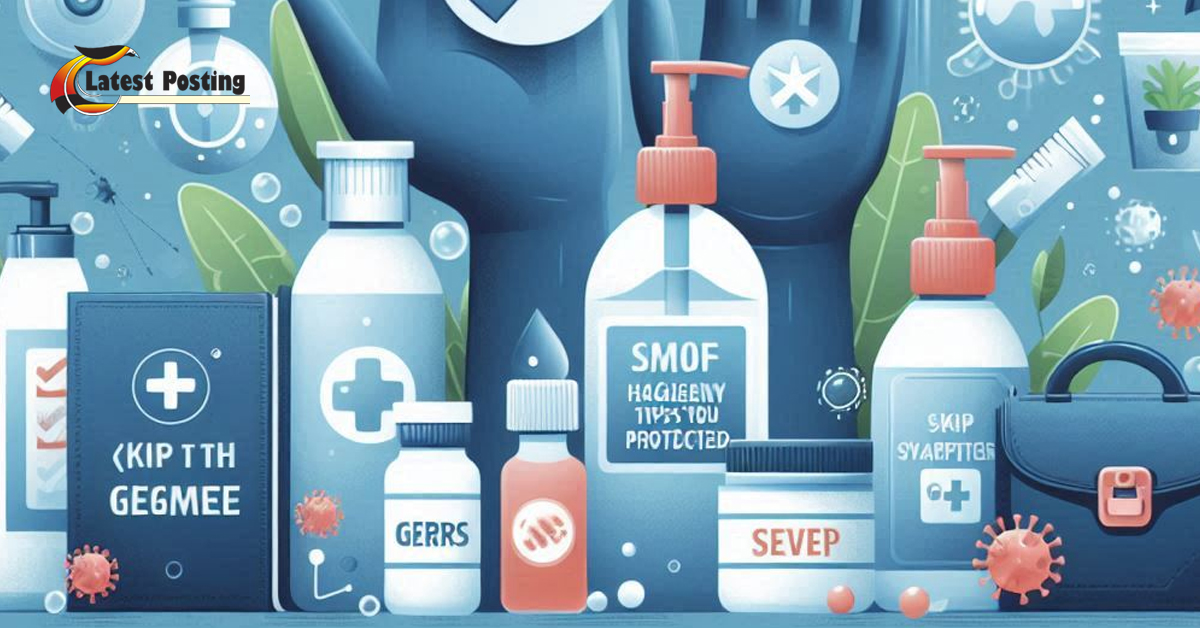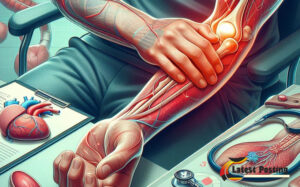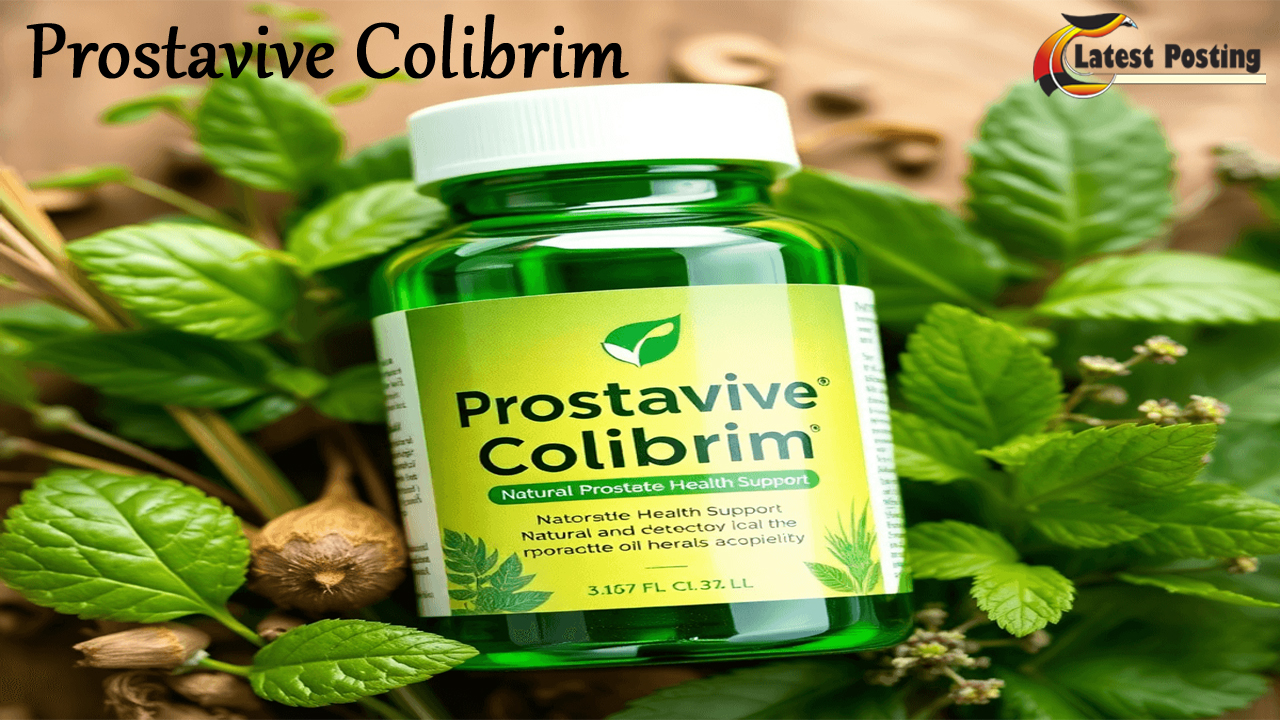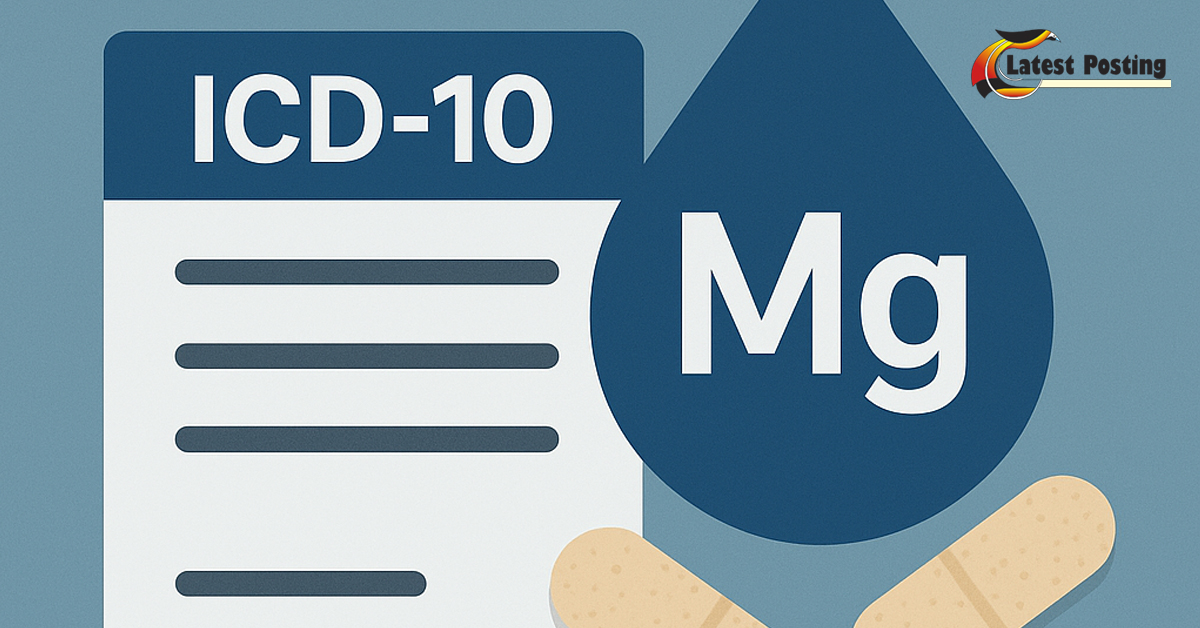Maintaining good hygiene is more than just washing your hands now and then. It’s your best tool to stay healthy and avoid getting sick, especially in today’s world. Many folks think they’re doing enough but miss simple habits that can make a big difference. Knowing the right steps and sticking to them keeps your body strong against germs. Here are science-backed tips to help you protect yourself every day. Let’s know how to skip the Germs and essential hygiene tips for a Healthier Life.
Importance of Proper Hygiene in Disease Prevention
Understanding Germ Transmission
Germs spread easily through contact with surfaces, other people, and even the air. When you touch doorknobs, keyboards, or phones, tiny pathogens can latch onto your hands. If you then touch your face, mouth, or eyes without cleaning your hands, germs can invade your body. The CDC and WHO warn that germs travel through many ways, so thorough hygiene is a must.
The Impact of Good Hygiene on Public Health
When communities practice solid hygiene habits, illness outbreaks drop significantly. Hospitals enforce strict hand-washing and cleaning routines to protect patients. Schools boost hygiene campaigns to prevent outbreaks of colds and flu. Food service workers wash hands and sanitize surfaces to keep food safe. Improving hygiene isn’t just personal — it helps everyone stay healthier.
Common Myths About Hygiene
A common myth says antibacterial products alone prevent illness. But overusing these can lead to bacteria resistance, which makes infections harder to fight. Hygiene isn’t about sterilization but about reducing germs to safe levels. Regular handwashing, cleaning, and sensible use of disinfectants are enough for most situations.
Hand Hygiene: Your First Line of Defense
When and How to Properly Wash Hands
Always wash hands before eating, after bathroom visits, and when returning home. Here’s how:
- Wet hands with clean water.
- Use soap and lather well, covering all surfaces.
- Scrub for at least 20 seconds — about the time it takes to sing “Happy Birthday” twice.
- Rinse completely.
- Dry with a clean towel or air dry.
If soap and water aren’t available, hand sanitizer with at least 60% alcohol works. Make sure to cover all parts of your hands, including under nails.
Hand Hygiene in Public Spaces
Think about touching your face only after cleaning your hands. Keep disinfectant wipes handy to clean high-touch items like phone screens or shopping carts. Try to avoid unnecessary face contact, especially your mouth and eyes, to cut down on germ entry points. Hospitals use strict hand hygiene rules, which proved to cut infections remarkably.
Hand Care to Maintain Skin Integrity
Frequent handwashing can dry out skin and cause cracks. Use moisturizer regularly to keep skin healthy and barrier-proof. Choose hand creams with gentle ingredients that don’t clog pores. Strong skin naturally resists germs better.
Surface Hygiene: Keeping Your Environment Germ-Free
Disinfecting Frequently Touched Surfaces
Make a habit of cleaning doorknobs, light switches, and cell phones daily. Use disinfectants approved for the job. Household bleach mixed properly can kill most germs. You can also make an easy DIY solution with vinegar or rubbing alcohol.
Cleaning vs. Disinfecting: What’s the Difference?
Cleaning removes dirt and some germs but doesn’t kill all bacteria. Disinfecting uses chemicals to eliminate nearly all germs. For surfaces like kitchen counters or bathroom sinks, both steps are important. Clean first, then disinfect for best results.
Tips for Maintaining Clean Living and Working Spaces
Develop a routine: wipe down surfaces each morning and evening. Use UV light devices or air purifiers to reduce airborne germs in your home or office. Keep a clutter-free space to make cleaning easier.
Personal Hygiene Habits for Long-Term Protection
Showering and Personal Grooming
Shower regularly, especially after workouts or outdoor activities. Focus on cleaning your hair, scalp, and skin thoroughly. Brush teeth morning and night, and floss daily to prevent bacteria build-up.
Respiratory Hygiene
Always wear a mask when sick or in crowded places. Cover your mouth and nose with a tissue or elbow when coughing or sneezing. Dispose of tissues properly and wash your hands afterward.
Clothing and Laundry Practices
Wash clothes and linens often, especially if you’ve been in public or around sick individuals. Use hot water and proper detergents. Fold and store clean items carefully to avoid cross-contamination.
Nutrition, Immunity, and Hygiene: A Holistic Approach
Diet and Hygiene: Supporting Your Immune System
Eat lots of fruits and vegetables rich in vitamin C, zinc, and probiotics. These nutrients boost your body’s ability to fight germs. Avoid habits like smoking or excessive drinking that weaken immune defenses.
Lifestyle Factors to Support Good Hygiene
Get enough sleep, exercise regularly, and manage stress. These habits strengthen your immune system and help your body handle germs better.
The Role of Vaccinations
Stay current with vaccines for flu, COVID-19, and other preventable diseases. Vaccinations create a shield of protection that hygiene alone can’t provide.
Innovative and Future Hygiene Technologies
Advances in Disinfection and Sanitization
New tools like UV-C light sanitizers can rapidly sterilize phones, keys, and other small objects. Antimicrobial coatings on surfaces prevent bacteria from settling.
Smart Hygiene Solutions for Daily Life
Eventually, everyday gadgets like smart disinfectant sprays or wearable hygiene monitors may become common. These can remind you to clean hands or disinfect surfaces automatically.
Expert Insights on Emerging Trends
Hygiene experts say future tech will focus on making cleaning easier, faster, and smarter. These innovations aim to keep germs at bay without extra effort from us.
Conclusion
Maintaining good hygiene involves simple habits and a vigilant mindset. Regular handwashing, surface cleaning, and smart personal habits create a strong defense against germs. Adopt these routines, stay consistent, and your body will thank you. Staying protected is within your reach, just a few habits away.
Call to Action
Take a moment today to evaluate your hygiene routine. Find areas where you can improve and start making small changes. Subscribing for ongoing health tips or downloading a personal hygiene checklist can keep you on track. Protect yourself and loved ones — good hygiene is your best shield.





One thought on “Skip the Germs: Smart Hygiene Tips to Stay Protected”